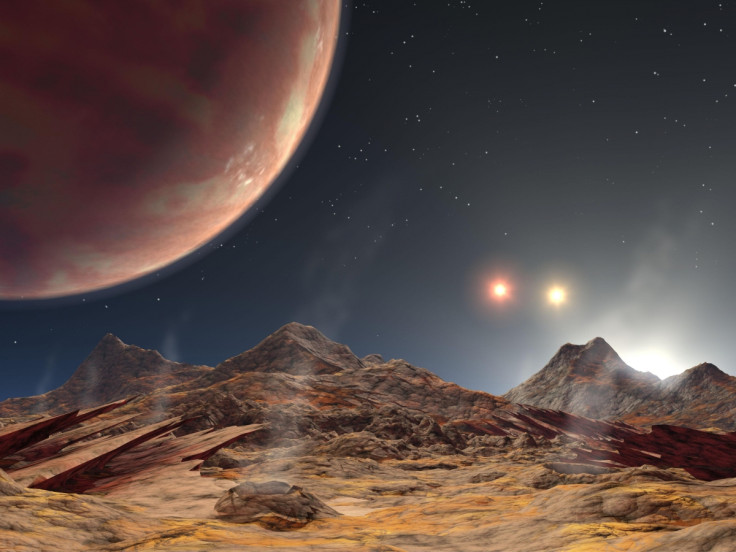UK Announces Launch of 'Plato Mission' to Find ET

It has been said that the existence of alien life elsewhere in our universe would be extraordinary – as would the alternative possibility, that we are quite alone. Now science minister David Willetts has announced the UK government is to spend £25m on a space probe which will attempt to discover the truth about extra-terrestrial life.
The "Plato Mission" – named after the ancient Greek philosopher – will attempt to discover tiny fluctuations in the light emanating from one million stars. These fluctuations may indicate the presence of exoplanets – planets orbiting suns other than our own. Exoplanets which orbit within the so-called "Goldilocks zone" – where the temperature is neither too hot nor too cold to allow water in its liquid state – can then be examined more closely for signs of life.
So far at least 1,700 exoplanets have been discovered. It has been estimated there could be up to 40 billion habitable exoplanets in our galaxy alone – and there are billions of galaxies in the universe.
Plato will consist of a satellite carrying 34 telescopes and will be assembled by the European Space Agency with British technology including electronics and software overseen by Don Pollacco of Warwick University.
Speaking about the government investment Willetts said: "When we travel beyond the solar system to new worlds the first planet may have been identified by Plato."
Willetts claims Britain could one day establish a moon base and put a man on Mars within 30 years, with Stevenage becoming a rival to Cape Canaveral. The science minister has also announced a £60m investment in a reusable engine – "Sabre" - which could reduce the cost of launching rockets into outer space.
Sabre (short for Synergetic Air-Breathing Rocket Engine) could also be used in the manufacture of a spaceplane called Skylon, which could reach speeds of 19,000mph, potentially cutting flying times between London and Sydney to just four hours, making it a rival to Richard Branson's Virgin Galactic.
© Copyright IBTimes 2025. All rights reserved.





















